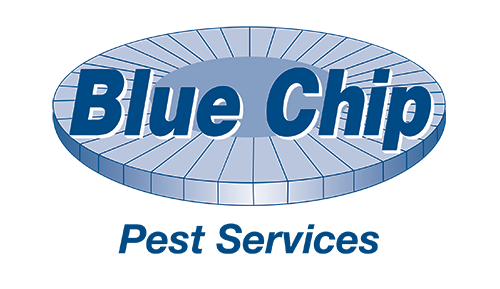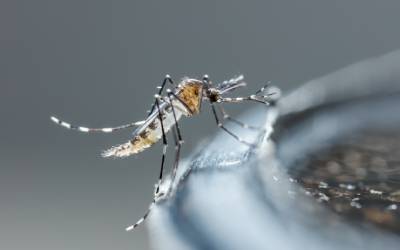You need to water your lawn on a regular basis to keep your yard lush and green – but how much is too much? You don’t want to get dry patches from watering too little, though at the same time overwatering brings about its own problems. Excessive moisture in your yard can cause lawn diseases and attract pests like mosquitos. Read on to learn what you can do to prevent mosquitoes and enjoy your yard even more.
Mosquitoes and Moisture
Your lawn needs water, and so do mosquitos. These pests need high levels of moisture in order to live and reproduce. So if your yard has an excess of standing water, it can quickly turn into a breeding ground. Oversaturated lawns can form a thick layer of thatch that will protect mosquitos and other insects from predators and even certain pesticides. You don’t want to get to that point, so it’s important to properly maintain and irrigate for a healthier lawn you can use without being bothered by bugs.
Am I Overwatering My Lawn?
How can you tell if you’re overwatering your lawn? Too much water in your yard can stunt root growth and make your grass more vulnerable to fungus and disease, but it might not be apparent until the damage is already done. Luckily there are warning signs you can look for to know if you’re watering to excess.
Squishy Soil
There’s something called a “step test” that is a great way to tell if your lawn is oversaturated. It’s easy – all you need to do is step on your lawn in multiple places that haven’t recently been watered. If the soil feels squishy or soggy under your feet then it’s a good sign that you’ve watering too much.
Weeds and Fungus
You may have noticed that properly watered yards aren’t full of mushrooms and weeds. That’s because they need water to grow and thrive. If you notice this kind of foreign growth sprouting in your yard it may mean you need to water less. It’s also smart to remove these kinds of growth as you find them, as they can attract insects and potentially cause illness if consumed by children or animals.
Runoff
You may not know this, but it’s possible for your soil to be completely saturated. That means it will no longer absorb additional water, resulting in a trail of runoff that strips the lawn of important nutrients. This leaves your yard vulnerable to certain diseases, as well as insects and fungi growth.
Can I Prevent Mosquitoes?
The easiest thing you can do to prevent the growth of mosquitos is to make sure that you aren’t overwatering your yard. Even if you live in an arid climate you may not need to water on a daily basis. The general consensus is that your lawn needs around 1-1.5 inches of water per week, which roughly equates to three days of irrigation for around thirty minutes a day.
Mosquito Control in St. Louis
Mosquitoes, whether they’re after an overwatered lawn or another source of standing water, can be a nuisance to any homeowner. You should be able to enjoy your lawn without a swarm of stinging instincts getting in the way, and with Blue Chip Pest Services, we can make that happen. Our team is expertly trained, and we go above and beyond to provide innovative and customized pest control solutions for homes and businesses throughout the St. Louis area. Contact Blue Chip Pest Services today and increase your enjoyment of your outdoor space.


